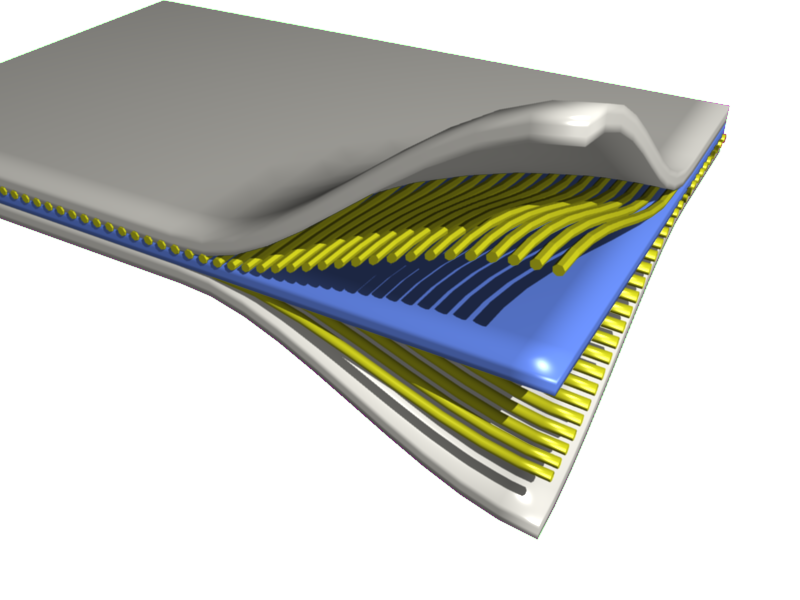With the advancement of new manufacturing technologies, such as Additive Manufacturing (AD), very complex designs could be realized. The reliability of these 3D printed components is still an area of research. The aim of this project is to move one step closer to exploring the mechanics of 3D printed components and the effect of the printing parameters on the structural behaviour. As a first step we solve an inverse problem trying to find the best fibre orientation in orthotropic composites such that the final product has an enhanced structural behaviour. This could be achieved using the Finite Element Method (FEM) along with an optimization technique. The objective of our optimization problem is to find the best fibre orientation in a layered composite such that it minimizes the maximum of the Tsai-Wu failure criterion. However, by increasing the number of design variables, the problem becomes computationally very challenging and expensive to use FEM. Therefore we resorted to Reduced Order Models (ROM) and specifically the PGD framework to alleviate the what-so-called the curse of dimensionality.

The PGD technique is a separable approximation computed using the Greedy Algorithm and an alternated direction scheme [1]. The PGD technique gives all possible solutions for a given problem, i.e. an explicit parametric solution also known as a computational vademecum. The explicit nature of the solution enables us to solve the outer-loop application (optimization) as a post-process which becomes a cheap straightforward procedure.
The model was tested on a plate with holes under tensile loading with two unidirectional layers (two design variables) and it was validated using FEM (developed code) and Abaqus. This example is currently being extended to patches of design variables in an attempt to make the optimization element wise rather than optimizing layer wise.
References:
A. Sibileau, A. García-González, F. Auricchio, S. Morganti, & P. Díez (2018). Explicit parametric solutions of lattice structures with Proper Generalized Decomposition (PGD) Journal of Computational Mechanics (2018) 62:871–891.
Karim El-Ghamrawy is working on this project under the supervision of Prof. F. Auricchio, Prof. P.Diez, Prof. Sergio Zlotnik. This project is funded by the EU SEED program.
June 10th, 2019

